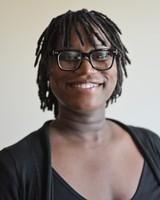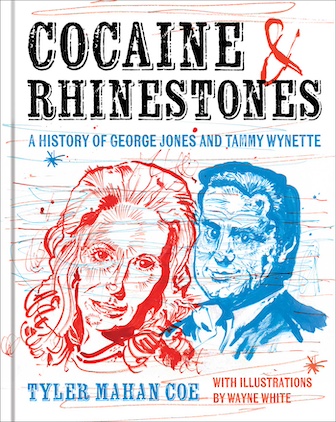Join the Invaders
Shirletta J. Kinchen’s Black Power in the Bluff City explores the history of student activism in Memphis
From its earliest days, Memphis was a mecca for black people fleeing plantations to seek a better life in the city. In Black Power in the Bluff City Shirletta Kinchen, who earned her Ph.D. at the University of Memphis, looks at the way the gradualism of the African-American middle and upper classes clashed with a younger generation’s desire for radical and direct action during the 1960s and 1970s.
 Impatient with the caution of the city’s black ministers, business leaders, and national leaders—including Martin Luther King Jr.—Memphis natives Charles Cabbage and Coby Smith co-founded the Black Organizing Project (BOP) and The Invaders, ushering in a new era of civil-rights activism in Memphis. Inspired by more radical voices, such as those of Malcolm X and Franz Fanon, Smith and Cabbage embraced black nationalism and separatism. BOP was formed, Cabbage said, “to stimulate in young blacks an independent spirit, to cease to be dependent upon and influenced by the white race.” As Kinchen points out, these groups and their ardent young members transformed Memphis. The Invaders’ bravado and commitment brought young people out of high schools and college campuses to march for change.
Impatient with the caution of the city’s black ministers, business leaders, and national leaders—including Martin Luther King Jr.—Memphis natives Charles Cabbage and Coby Smith co-founded the Black Organizing Project (BOP) and The Invaders, ushering in a new era of civil-rights activism in Memphis. Inspired by more radical voices, such as those of Malcolm X and Franz Fanon, Smith and Cabbage embraced black nationalism and separatism. BOP was formed, Cabbage said, “to stimulate in young blacks an independent spirit, to cease to be dependent upon and influenced by the white race.” As Kinchen points out, these groups and their ardent young members transformed Memphis. The Invaders’ bravado and commitment brought young people out of high schools and college campuses to march for change.
Many observers and historians have linked King’s assassination to the “Tough Tuesday” march in Memphis on March 28, 1968, when unruly elements linked to The Invaders broke windows and looted stores on Beale Street. But Kinchen takes her narrative far beyond the King assassination. She deconstructs both the economic and social history of the Memphis black community in this crucial period of change, showing how BOP and The Invaders also organized in gyms and on street corners, building the black community’s electoral clout block by block.
Kinchen credits the organizational skills and direct action of BOP and The Invaders for the ultimate transfer of political and economic power from the white upper class exemplified by E.H. “Boss” Crump to the city’s black majority. “Whether moderate or radical, implicit or explicit, used as a tactic or embraced as a political philosophy, Black Power gave youth and students a language through which to shape the black politics of Memphis,” she writes.

Lyda Phillips is a veteran journalist who grew up in Memphis and has earned degrees from Northwestern, Columbia, and Vanderbilt universities. The author of two young-adult novels, she worked for United Press International before returning to Nashville.


